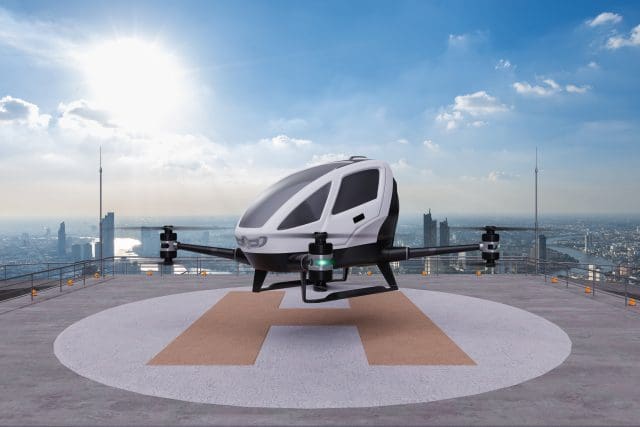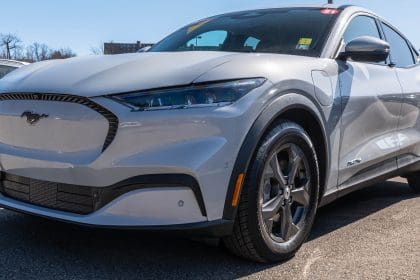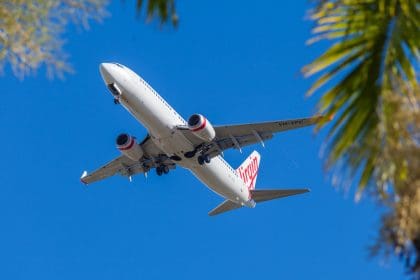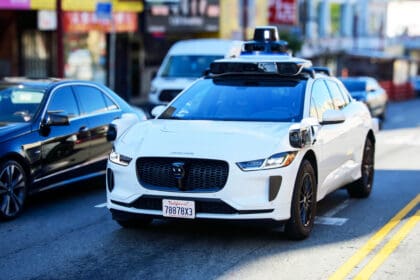The race to be the first to introduce flying taxis at the Olympics is hotting up with LA in the running for the 2028 Games.
We have previously mentioned that German aviation start-up Volocopter hoped its autonomous VoloCity aircraft would be whisking athletes and spectators across Paris for the 2024 Games. But delays obtaining necessary safety licences meant the baton passed to American rival Wisk, which has its sights set on the 2032 Games in Australia.
And in the meantime, Los Angeles is now heading for the starting blocks as the city prepares to host its third Olympic Games in 2028.
Olympic effort
The BBC reports that the LA28 Olympics committee has announced a partnership with Archer Aviation to provide an air taxi service during both the Olympic and Paralympic Games.
In the same way that Volocopter struggled to get safety certification, the BBC reports that Archer is not currently certified by the US Federal Aviation Administration and is therefore not yet ready for commercial use.
But with three years until the LA Games, Archer founder and CEO Adam Goldstein hopes to have certification for the design and safety of its Midnight aircraft later this year.
If it gets the go-ahead, Archer will provide 10 to 20-minute flights between select destinations, including the main Olympic venues. It has 12 engines and propellers which Archer believes will put it at the same FAA certification level as commercial aircraft.
Archer has not said how much the flights will cost, but Mr Goldstein said they will be similar to a “high-end Uber”.
Booking
And the flying cabs are expected to work in a similar way to the current ride-hailing PHVs, which operate with private hire insurance, with passengers requesting trips via an app and each being able to carry four passengers and a pilot. Archer says it can reach speeds of 150mph and is quieter than a conventional helicopter.
Like the popular ride-hailing service, customers would be able to request an air taxi through an app. The aircraft can carry up to four people and operates similarly to a helicopter in its take-offs and landings.
As the flying cabs continue to develop, the BBC reports that there have been many hurdles, including battery density and FAA approval.
Cities such as Los Angeles and Paris have been selected by eVtol pioneers because they give them the chance to showcase the aircraft as well as demonstrating how they can beat traffic on the congested streets below.
Legacy
Mr Goldstein said: “We want to transform the way people get around Los Angeles and leave a legacy that shapes the future of transportation in America. There’s no better time to do that than during the LA28 Games.”
If the aircraft is certified in time for the Olympics, it will make a big difference to athletes and spectators because 2028 is being billed as the “no-car Games”. As well as having limited parking at Games venues, LA Mayor Karen Bass is encouraging people to use public transport.
While the Olympics are ideal occasions to showcase the new technology, regular flying taxis could be in the UK even sooner. As we have previously reported, the British government wants them to be established before the ban on new petrol and diesel cars comes in.
The Government has produced a Future of Flight action plan which expects the first piloted flying taxi flight by 2026 and regular services by 2028. It also expects emergency services drones and regular drone deliveries by 2027, with trials of “autonomous flying taxis without pilots on board by 2030”.




